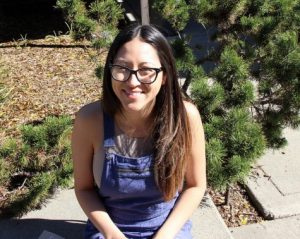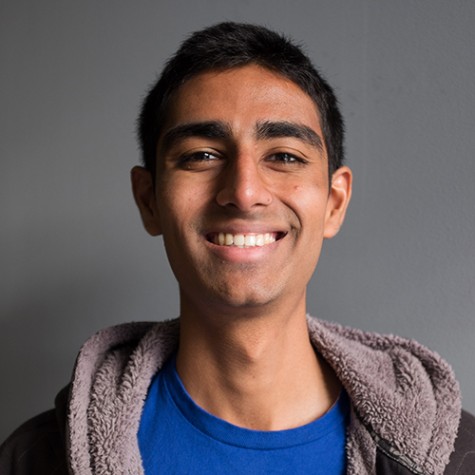Panel addresses women in the media
March 17, 2015
A panel discussion on the portrayal of women in the media took place on Monday March 16 in the Business and Foreign Languages Community Conference Room.
The discussion was organized by the Project Censored group at Diablo Valley College and was moderated by Mickey Huff, the head of the DVC History department and one of the directors of the Project Censored organization.
The panel began explaining how Project Censored is a media research, education and advocacy initiative founded to expose censorship in propaganda and mass media and to publish news stories that have been omitted or censored by other media sources.
The panelists brought to light how any news related to women is consistently overlooked or skewed by the media throughout the history of the United States while criticizing how the mainstream media and celebrities greatly narrow the views and ideas of feminism while altering its perception to the general public.
Vocal panelist Crystal Bedford expressed her frustrations to attendees.
“Many times the attention related to feminism and women in the media is associated with just violence towards women rather than the movement of feminism which is its own entity,” she said.
The discussion emphasized the importance of social media in the tactful organization of movements similar to those of feminists such as race and police brutality by using platforms such as Twitter to gain followers and spread awareness.
The discussion also revolved around the issues of race and feminism as a prevalent problem affecting society. Panelist Lisa Davis from the College of Alameda urged attendees to start with the activism at an early age as to “go to the base and stop the bleeding,” noting how the biases of race in children’s books and movies can greatly affect the self esteem of young minority children.
Darlan Keeps, another panelist, also reflected upon the general stigma and notions associated with the term feminism by sharing a personal hesitation she had.
“At first I was skeptical and I didn’t consider myself a feminist,” Keeps said. “But I later realized that was due to the conventional ideas I had heard associated with the term.”
Audience members also chimed in on the discussion by asking the panelists questions and sharing their personal viewpoints on various topics associated with the current state of women’s rights and depiction by the mainstream media. The panel concluded with closing thoughts from the audience and each of the panelists on the contribution of ideas towards finding solutions.
Professor Huff praised students and panelists for boldly sharing their thoughts, ideas and opinions and urged everyone to have their voices heard.
“One solution to all these problems and questions starts with just talking about it, and discussing these issues as we are doing here,” he said.







































































